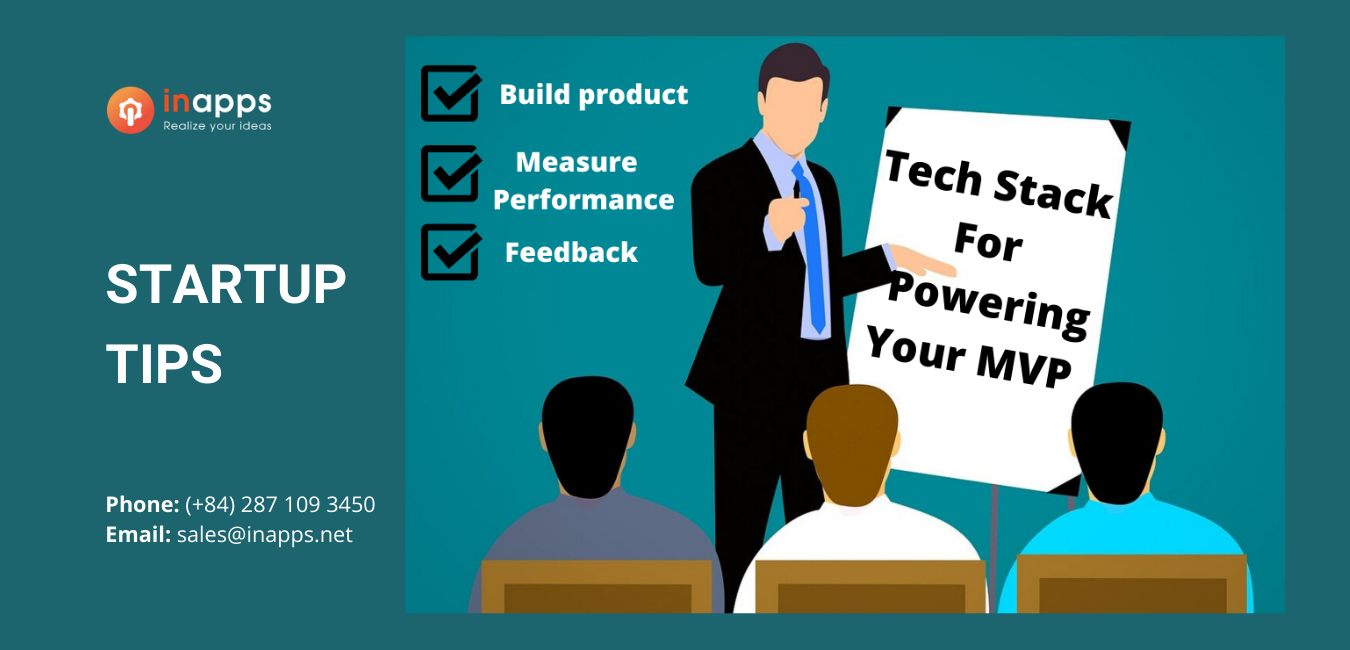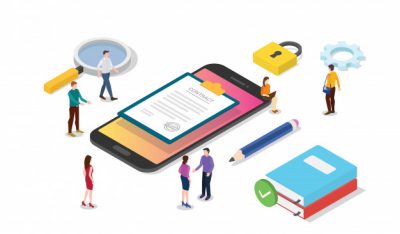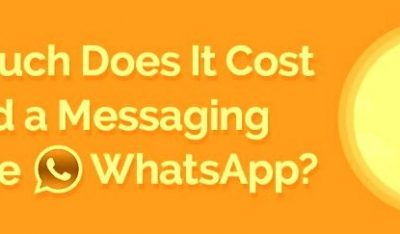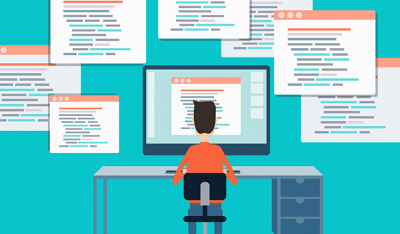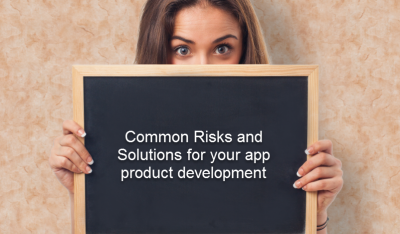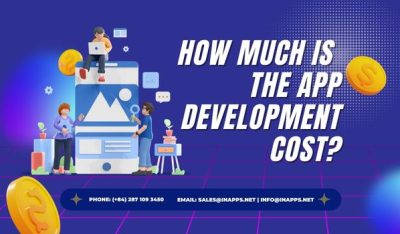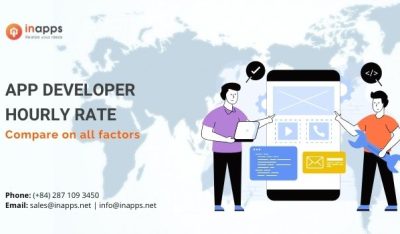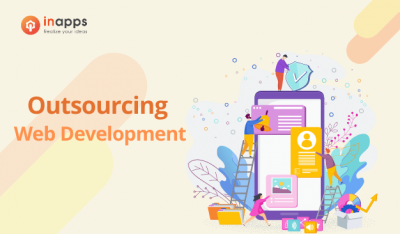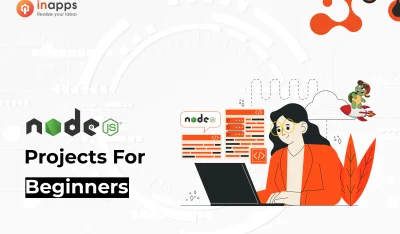- Home
- >
- Mobile apps development
- >
- How To Choose The Right Tech Stack For MVP Development?
The most crucial factor to consider when developing a high-quality MVP is the various technologies you will work with. High-end technologies act as a catalyst in developing the niche product and its services to its target audience.
When it comes to technically sound, people like CTOs, technology experts, technical co-founders, and so on have no trouble cracking the technologies required for developing software. Still, when it comes to non-tech humans, the situation is bleak. But as a startup entrepreneur or business owner, you are busy enough dealing with the day-to-day happenings of your startup idea. So what should you do if you want to develop quick prototypes for your MVP?
Well, you’ll have to work smart and be proactive about it—no matter how tight your budget is! There are tons of MVP development options available today that can save you hundreds of hours researching and scouring the internet for technologies needed to develop MVPs. In this article, we’re gonna help you answer the question on the right tech stack for MVP.
Learn more: How much is MVP app development cost for a startup?
What is Tech Stack?
A tech stack is a perfect combination of software products and programming languages to create a web or mobile application. It is a collection of software development tools and frameworks.
The tech industry is growing exponentially, so if you are interested in being a part of that growth by creating your own tech company, then start researching which tech stack will work best with what type of business or application you want to create, then get started building it!
To go into tech specifics, the tech stack includes operating systems, programing language, databases, cryptography engines/libraries, web servers, frontend APIs for user requests (and responses), as well as other backend services such as search indices and machine learning models.
The tech stack will depend on what type of tech company you’re creating: For example, if you’re building an e-commerce website, then your tech stack would include Python or some other programming language plus Django or Flask at the very least for backend tech and HTML5 and CSS3 for the front end tech. If you’re creating a tech company that works with machine learning and AI tech, you need to include services such as Google APIs for machine learning and Microsoft Azure for cloud computing.
View more: InApps’ technology stacks
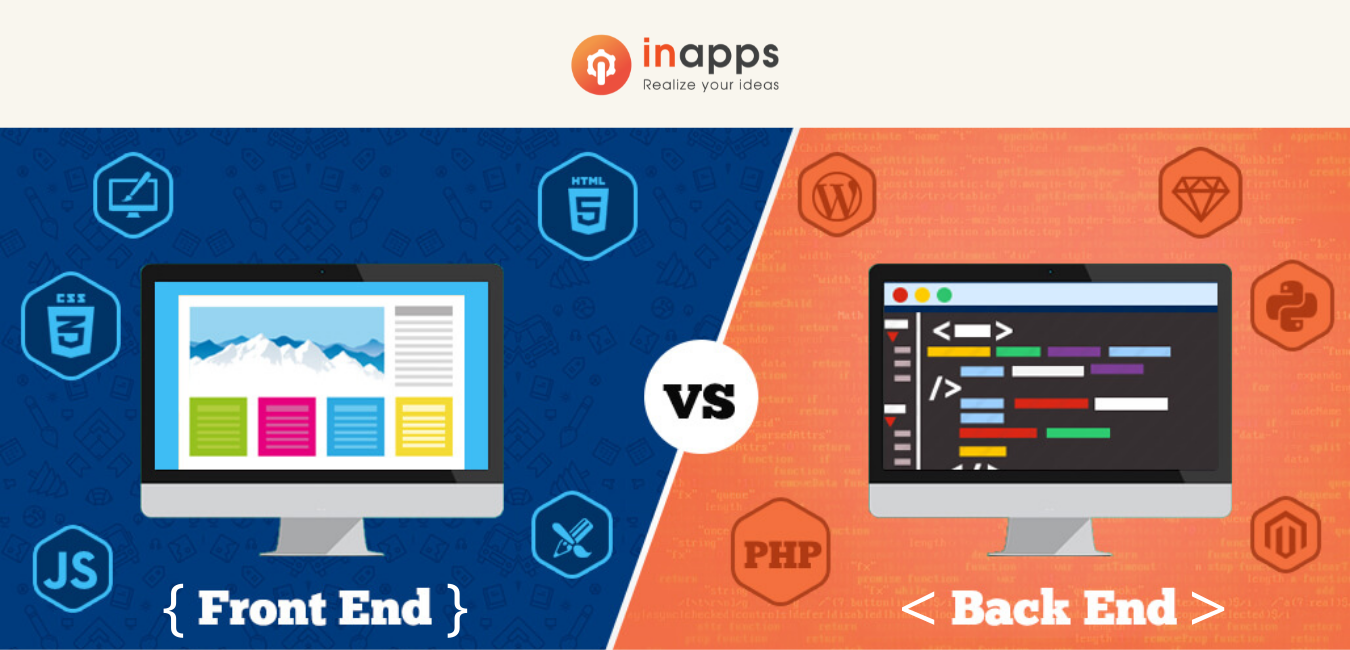
Frontend development
Frontend or client-side technologies allow users to see and interact with the program without any intervention. The main goal is to provide convenience while accessing the user interface and clear internal structures. It converts complex systems into discrete ones to simplify user interactions.
Read more: Frontend website development: comparing top 3 Javascript frameworks in 2021
Backend development
The latter is concerned with the internal operation of an application, which uses all tools and technologies. The subsystems were created to perform logic, interact with databases, coordinate with web services, and provide end-users with product development services.
Backend or server-side programming is meticulously performed by developers specializing in various technologies, resulting in a high-quality software product.
So, let’s say you have an idea for a new product and decide to create an MVP (Minimum viable product). What do you want to do next?
Read more: Web backend development: 6 languages used in most popular websites.
What is MVP?
MVP (minimum viable product) is a Lean Startup Methodology based on build-measure-learning principles. According to this principle, a minimum viable product has been developed for market launch to measure customer response and behavior.
Customers’ feedback is then used to develop the final product, resulting in a lower risk of failure. This concept also saves a lot of money and time for web development.
After learning about the market, you have two options: pivot or persevere. If the market responds positively to your key assumptions, you should proceed with your idea to improve the product. On the other hand, if you receive negative feedback from customers, you should pivot and change your idea or target audience.
Learn more: A complete guide to benefit from proactive MVP development
MVP Software Example – Instagram
You’ve probably heard of “Instagram” – a popular social media platform these days. Are you curious about the fundamental idea behind this app and who implemented it? Let’s see what happens.
Kevin Systrom and Mike Krieger, the two masterminds behind the Instagram app, created it in San Francisco. Kevin created the Burbn check-in app, which allows users to check in on their mobile web app.
He discovered that people are most fond of the photo element of all the app’s features. He was well aware that this app would not be a success any time soon. As a result, both founders decided to pivot their product and focus solely on image communication.
They remove all features and concentrate solely on the app’s photo, commenting, and liking elements. The app was renamed Instagram, which is now very popular among young people. So, to provide the best MVP development services to customers, startups should first create a minimum viable product with the right tech stack and at a low cost.
MVP development – the best tech stack for building MVP apps
It is a difficult task to assist startups in developing their MVPs with the appropriate tech stack. Choosing the appropriate programming language and frameworks for an MVP has advantages and disadvantages.
Here is the ideal tech stack for your MVP:
Ruby on Rails
Ruby on Rails frameworks is very popular among technology startups. It powers millions of startup applications, and this technology is ideal for creating MVPs. Ruby developers can use a plethora of open-source gems to accelerate development.
Characteristics of the programming language: Ruby is a general-purpose programming language that can create a wide range of applications and is well-known for its object-oriented nature. The language has a developer-friendly syntax that simplifies coding and speeds up the development process significantly.
Domain: The Ruby language, based on the Ruby on Rails framework, enables Ruby developers to create secure and functional web applications more quickly. Airbnb, Shopify, and GitHub are examples of successful Ruby on Rails software platforms.
For Startups: Ruby gems are compatible with Ruby on Rails and other Ruby Frameworks. Despite having different Ruby Frameworks, you can still use the same gems to build your MVP.
Bottom line: If you need to create a functional and secure web application in a hurry, Ruby on Rails is the way to go.
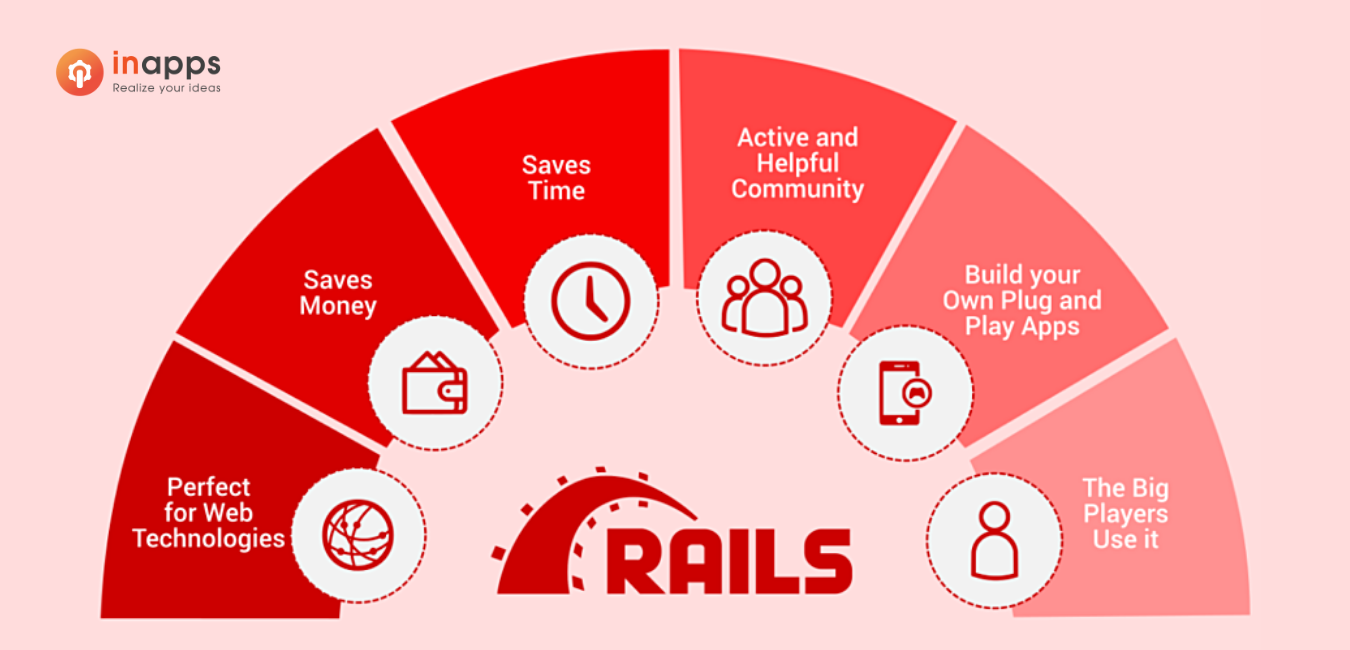
Python/Django
It’s time to look at the Python programming language and its Django framework in more detail.
Characteristics of the programming language: Python, like Ruby, is an interpreted language with dynamic typing. It prioritizes code readability. We can use Python to create small and large-scale applications. When it comes to run-time performance, it’s a little sluggish, but this isn’t an issue for startup applications.
Domain: Python is the most well-known general-purpose programming language, and it has been used to create applications in the fields of machine learning and artificial intelligence. The Python programming language is a powerful tool for developing machine learning algorithms, chatbots, image recognition software, and other applications. The combination of Python and its Django framework contributes significantly to the success of applications such as Instagram, the popular social network platform, and Bitbucket, the data repository.
For Startups: According to the most recent GitHub statistics, Python ranks third regarding the number of repositories. On GitHub, Django has over 1,500 contributors. Django adheres to the model-view-template (MVT) architectural pattern to promote the rapid development of secure and scalable web applications. Startups have a lot of options for creating MVPs.
Bottom Line: Django allows you to use the full functionality and power of the Python programming language for your MVP. If your application relies on machine learning algorithms, Django and Python are the best options.
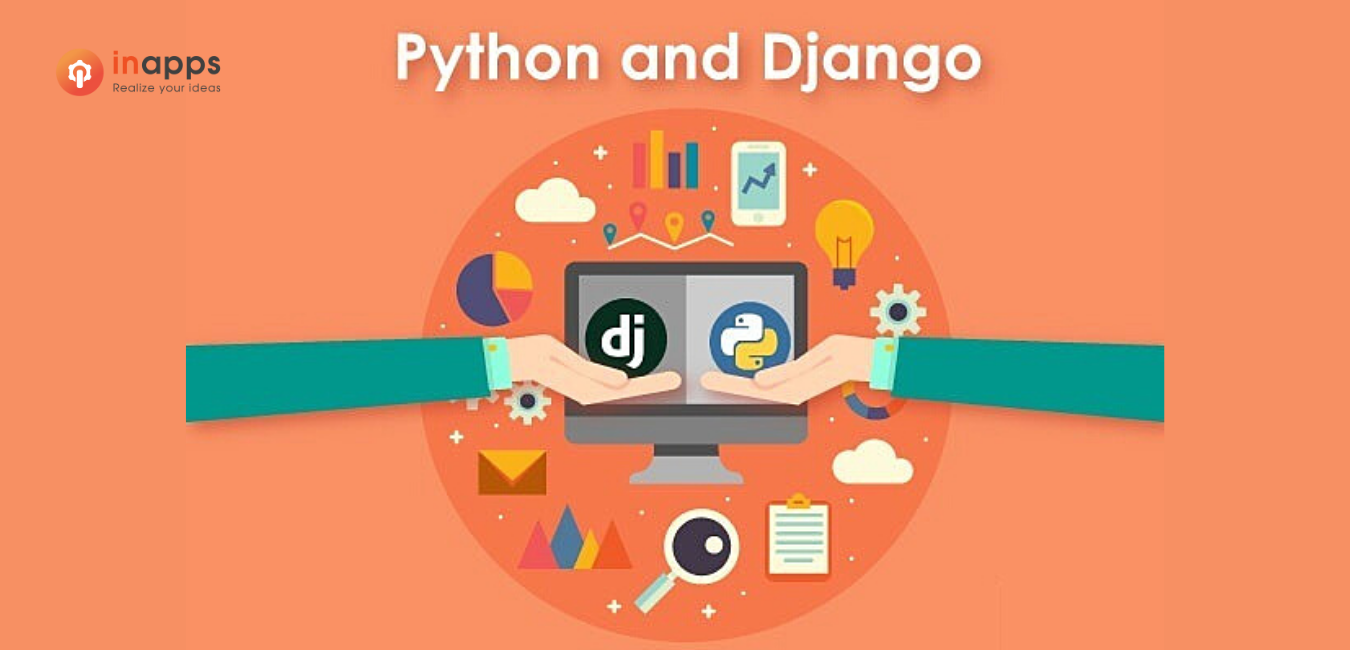
PHP/Laravel
PHP/Laravel is one of the best programming languages for proactive MVP development.
Characteristics of the programming language: PHP is a well-known interpreted and dynamically typed general-purpose programming language ideal for web development applications and embedded in HTML.
Domain: PHP is a popular programming language used to create high-quality websites using robust content management systems like WordPress and Joomla. PHP is a popular programming language for creating various web applications, from simple landing pages to online stores and social media platforms like Facebook.
Laravel is an open-source PHP framework built with Symphony 2 components. It was created to extend and investigate the functionalities of existing PHP frameworks to speed up application development.
For Startups: The framework has been enhanced with tools and packages to assist programmers in developing fully operational web applications, microservices, and APIs. Many open-source PHP libraries aid developers in speeding up the development process.
Bottom Line: So, if you want to avoid the problem of hiring developers, PHP is the best technology for your project. The robust Laravel Framework creates a fully functional web application with ease.
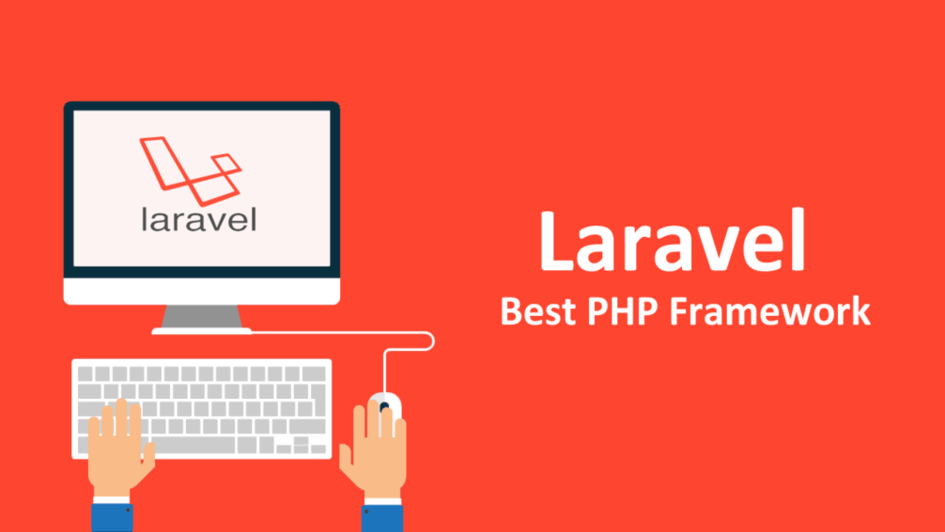
Node.js/Meteor
Node.js is a robust framework for implementing JavaScript and developing real-time web applications.
Characteristics of the programming language: Node.js is based on Google’s V8 JavaScript engine, allowing programmers to use JavaScript both on the client-side and the server-side. Node. Js-based applications provide high performance and scalability.
Domain: Node.js is an excellent choice for developing real-time web applications such as messaging applications, online games, and live chats. Meteor is an open-source full-stack framework that allows for the customization of features such as rapid prototyping. Meteor is used by startups such as Rocket Chat and Tap To Speak to build high-performance applications.]
For Startups: The framework offers programmers ready-to-use solutions via the Node.js package. Reduce the amount of work for code developers by utilizing a robust JavaScript stack. Developers are allowed to create cross-platform applications in this environment.
Bottom Line: So, if you want to build a real-time messaging or streaming web application, Node.js is the way to go. It allows you to write cross-platform code quickly.
Wrapping Up
In conclusion, the technologies mentioned above are only a smattering of those used to create applications. There is a wide range of programming languages and frameworks available; you can use any of them to meet the needs of your project. As you can see, MVP development only requires basic functionality and the proper development process to become a market-ready web application in no time.
Finally, each programming language and framework has its own set of strengths and weaknesses. It is entirely within our power to select the right tech stack to help you build profitable MVPs. Consider what tools and technologies you will need to create a product that meets your customers’ needs.
MVP development service – Realize your idea with InApps
MVP (Minimum Viable Product) is the best way to reduce the risks and convert challenges to opportunities. After identifying your app idea journey and considering your budget, you had better go with an offshore development company.
Why don’t you join an IT Tech company like InApps that has the experience and professional process to transform an idea into a unicorn? You can benefit from our outsourcing software development services and offshore development team at the same time. We always offer end-to-end services with:
- Transparent cost and commitment.
- Free consultation and completed proposal.
- Free design mobile application concept.
Owning a Tech Talent Hub with 5–10 experienced developers and engineers, InApps Technology is proud to give clients 100% satisfaction and trust in their projects.
- We offer MVP development packages only for $10.000.
- Customizing the solution depends on a thorough understanding of your business model.
- Commit to sending you a completed proposal within 48 hours.
- Commit to delivering within 2 months.
If you have any MVP app development for your business, feel free to TALK WITH OUR EXPERTS.
Let’s create the next big thing together!
Coming together is a beginning. Keeping together is progress. Working together is success.




